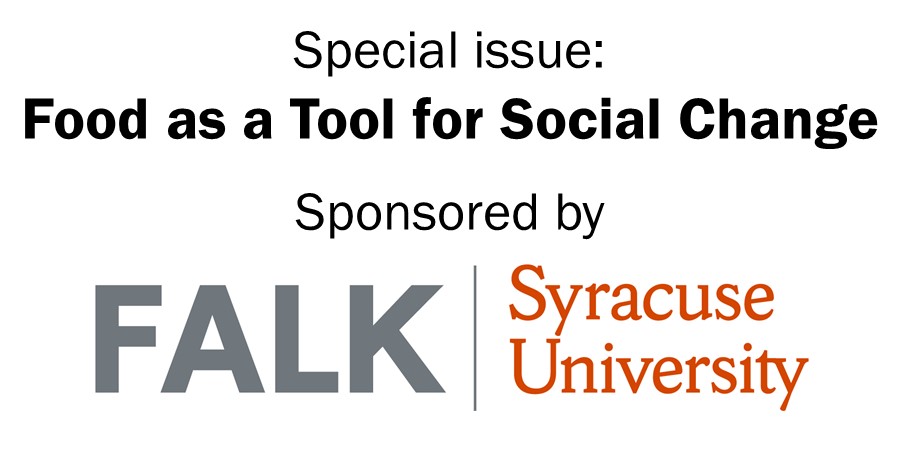Gardening for change
Community giving gardens and senior food insecurity
DOI:
https://doi.org/10.5304/jafscd.2021.104.030
Keywords:
Alternative Food Systems, Community Garden, Food Access, Local Agriculture, Senior Food Insecurity, Stigma, Social ChangeAbstract
An estimated 5.3 million seniors in the United States are currently food insecure (Ziliak & Gunderson, 2020). Over the next few decades, these senior populations are projected to increase dramatically, which will only exacerbate this issue (Mather & Kilduff, 2020). Community giving gardens are an emerging strategy to increase food access and offer a solution to fight food insecurity locally (Chicago Community Gardeners Association, 2014; Furness & Gallaher 2018; Sutphen, 2018). This research seeks to answer questions related to rural, senior food insecurity through a case study of a long-term community giving garden project in Orono, Maine. Based on survey data and personal interviews, this study analyzes senior participation in the Orono Community Garden (OCG) program, the impact on participants’ food security status, and senior participants’ perceptions of the experience. The results indicate that the OCG program functioned to increase food access by providing fresh food deliveries directly to senior households in need, alongside a constellation of local food assistance programs located in Orono. Participants also viewed the OCG program as a source of destigmatized and socially acceptable food access, in contrast to other food assistance programs. Community giving gardens, like the OCG program, can be an effective tool to combat senior food insecurity by providing nutritionally adequate, destigmatized food access while building local food economies.
Metrics

Downloads
Published
How to Cite
Issue
Section
Categories
License
Copyright (c) 2021 Kathleen Tims, Mark Haggerty, John Jemison, Melissa Ladenheim, Sarah Mullis, Elizabeth Damon

This work is licensed under a Creative Commons Attribution 4.0 International License.
The copyright to all content published in JAFSCD belongs to the author(s). It is licensed as CC BY 4.0. This license determines how you may reprint, copy, distribute, or otherwise share JAFSCD content.











